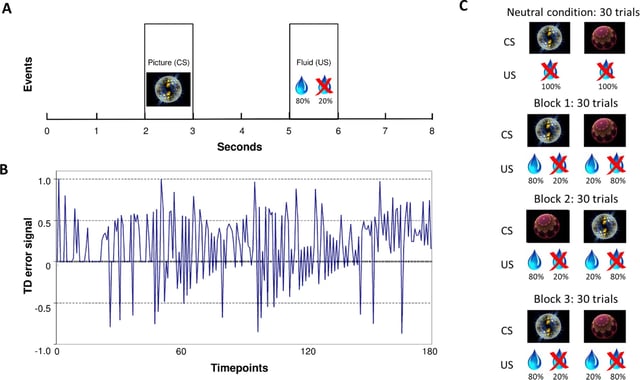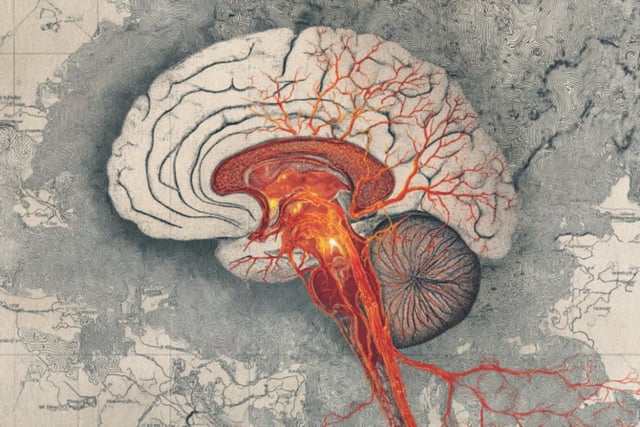Overview
- Remitted depression patients exhibited increased habenula activity during the anticipation of punishment in a Pavlovian conditioning fMRI task
- These individuals also showed weakened functional connectivity between the habenula and the ventral tegmental area, a key dopamine regulator
- Persistent habenula hyperactivity and disrupted reward circuitry point to lasting sensitivity to negative cues after symptom remission
- Depression relapse rates reach up to 80% within five years, highlighting the need for reliable biomarkers of vulnerability
- The findings were reported in Biological Psychiatry: Cognitive Neuroscience and Neuroimaging by Jessica de Klerk-Sluis, Henricus G. Ruhé and colleagues

